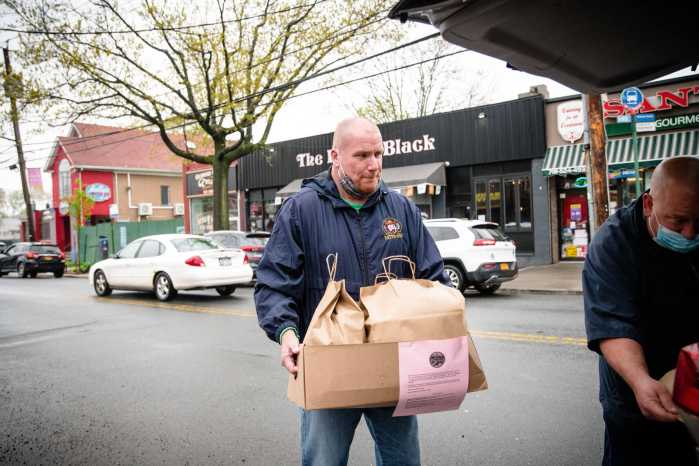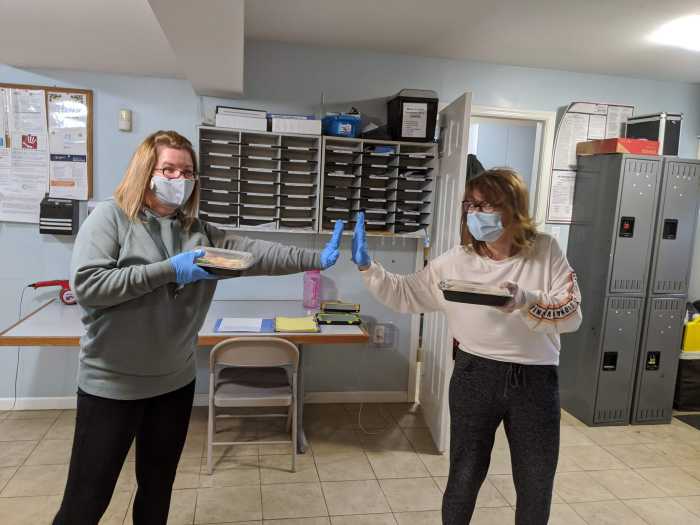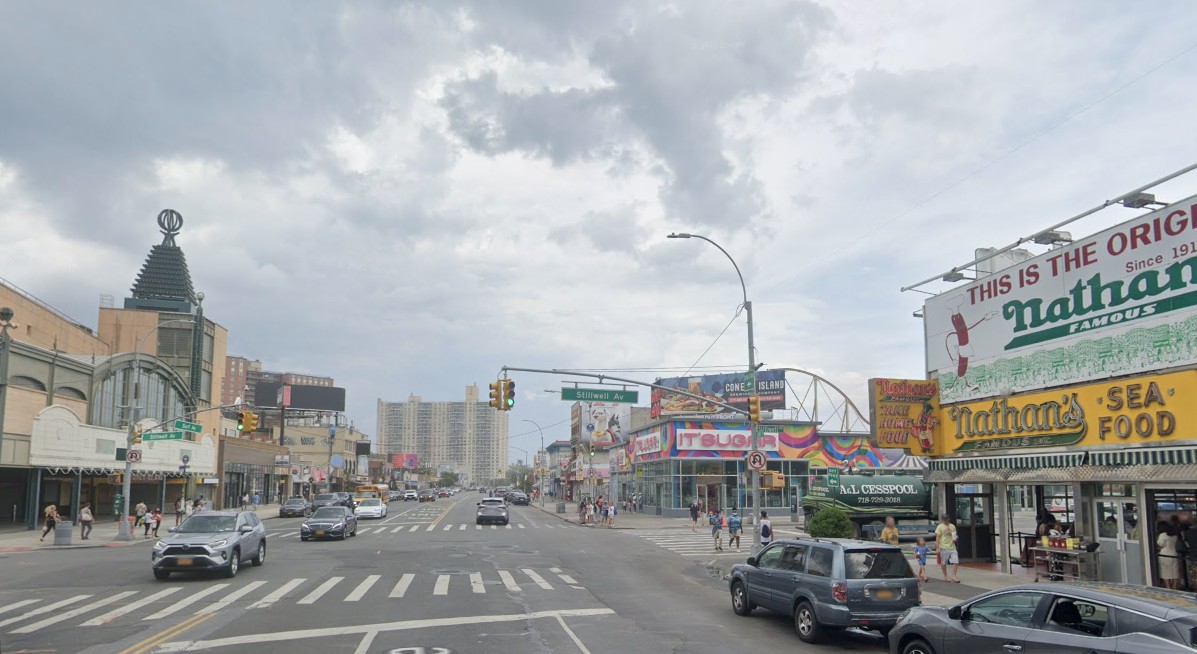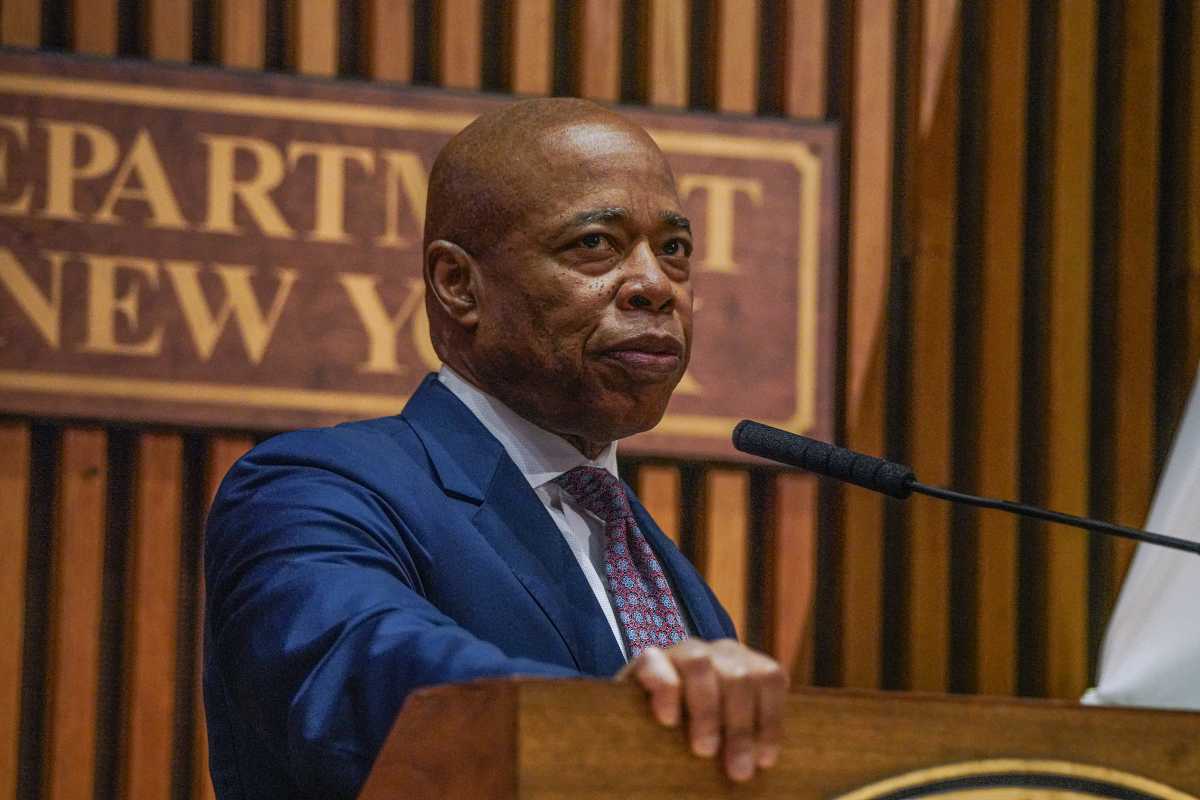In the early days of the coronavirus pandemic, paramedic Nicole Memoli was lucky enough to find care for her 14-year-old daughter Sarah, who is autistic, at a public school on Staten Island.
Sarah now spends five hours a day during the week at a New York City Department of Education Regional Enrichment Center (REC), where she is looked after, but misses out on the specialized education she’d been receiving at an Eden II school for those with developmental disabilities.
“They’re doing the best they can, but they’re really not equipped to handle most kids who are like my daughter,” Memoli said of the centers, where children of front line workers can be safely cared for while their parents or guardians serve the city. “That leaves out quite a segment of the special needs population.”
At Eden II, Sarah had received Applied Behavior Analysis (ABA) education, which emphasizes learning through repetition and tracks her behavior and progress through a computer system. And while Sarah is able to learn remotely while at the REC center, the curriculum is nowhere near as effective as the schooling she received in person, according to her mother.
“They’re all about the distance learning model — that just doesn’t work well for my daughter,” Memoli said. “One of the things that a child learns in ABA is they become very accustomed to repetitive lessons like that, so they’re thrown off when it’s not. [Sarah is] a very rigid child, she does not adjust well to change.”
Staff at the REC center, where students with special needs are assigned a paraprofessional, have still struggled in part to look after Sarah, according to Memoli, who said one teacher at the center asked to be reassigned after Sarah had an outburst.
“She felt she couldn’t manage her,” Memoli said.
To help keep special needs children of essential workers on track, Memoli, a 26-year paramedic, has proposed allowing schools such as Eden II to open daycare centers, where children with autism could receive the structural support they need while their parents are on the front lines.
Not only would the small class size — six students to one teacher — allow for safe social distancing practices but, Memoli said, the habits of severely autistic students are already much safer than those of other kids.
“Students with autism do not go and play team sports, they don’t go fit into bars or hang out with friends,” she said. “By their nature, they are self-isolating.”
Eden II has been receptive to the idea, and has even approached the state Education Department about it — but school staffers have yet to receive a response, a spokesperson said.
“We were, and are, willing to provide site-based support for students from Eden II who’s families are essential workers and are unable to be successfully cared for at DOE centers,” said Eden II Executive Director Dr. Joanne Gerenser. “The staffing ratio at DOE centers, paired with the lack of trained staff make it impossible for most of our kids to attend.”
Other program directors agree that time away from consistent ABA education can lead to significant losses in progress.
“ABA is the type of instruction that requires continuity,” said Joe Riley, executive director of the Guild for Exceptional Children, which operates programs for those with autism in Bay Ridge. “Success involves improving on a foundation previously set. Time away from ABA learning involves more than just a break, picking up where you left off when school is back in session. It often means losing some ground.”
While Riley says the guild is interested in operating a daycare program for the families of essential workers sometime in the future, it is not currently prepared to.
In the meantime, reps from the city’s DOE say the agency is working to improve its options for students with disabilities within REC centers.
“The staff at our Regional Enrichment Centers go above and beyond for our city to ensure essential workers have access to emergency childcare, and we’re working to ensure the centers offer a welcoming environment for the students with disabilities that they serve,” department spokesperson Katie O’Hanlon said.
On May 19, the city announced all educational programs will remain remote over the summer. For children with developmental disabilities, this means months more of remote learning — something Memoli says just doesn’t work for her daughter.
Eden II is under the jurisdiction of the state, and Gov. Cuomo could choose to overrule Mayor de Blasio’s decision, but for now Memoli says she is thankful for having somewhere to send Sarah while she works.
“Thank goodness we have the REC center at least,” she said.
This story is part of an ongoing series about group homes on the front lines of the COVID-19 crisis, and the pandemic’s impact on those with developmental disabilities.

























